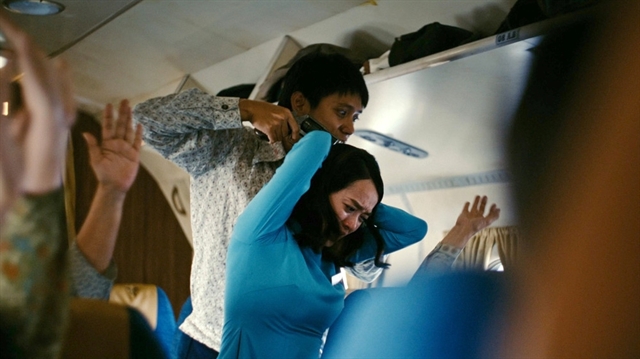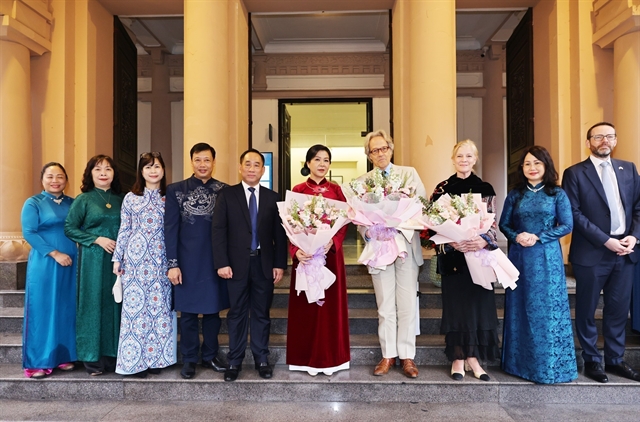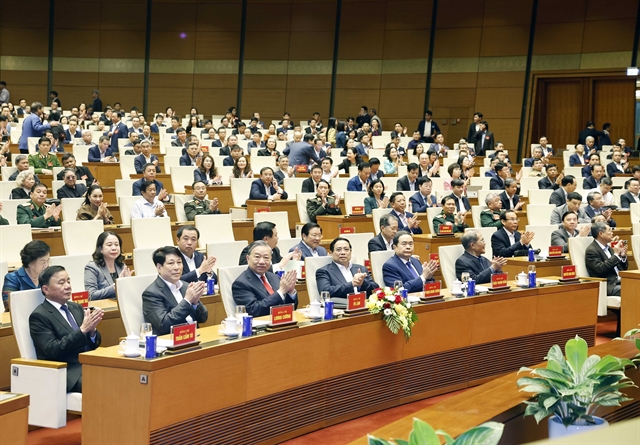 Society
Society
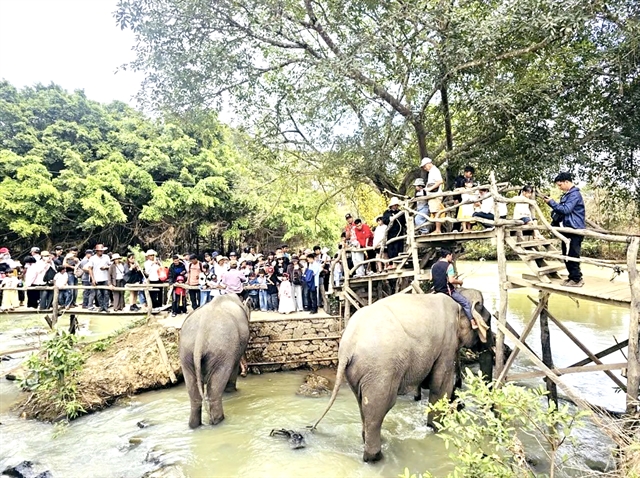
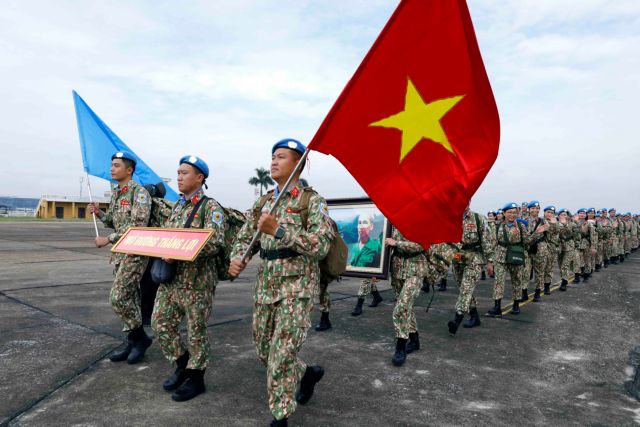 |
| Việt Nam’s Engineering Unit Rotation 2 leaves Nội Bài Airport on August 8 to carry out the United Nations peacekeeping missions in the UN Interim Security Force for Abyei (UNISFA). — VNA/VNS Photo An Đăng |
Colonel Phạm Mạnh Thắng, head of Việt Nam Peacekeeping Department, speaks to Voice of Việt Nam (VOV) about Việt Nam’s peacekeeping plans to contribute to UN peacekeeping operations.
United Nations Secretary-General Antonio Guterres once assessed Việt Nam's peacekeeping force as one of the most prestigious and capable forces to fulfill the current task of UN missions. What have we done to be able to achieve such good results?
The results have been achieved thanks to the leadership and direction of the Party, the State, the Central Military Commission and the Ministry of National Defence.
The Việt Nam Peacekeeping Department has actively coordinated with relevant agencies to offer training and strengthen professional skills following UN standards.
After more than nine years of deploying forces to participate in UN peacekeeping operations, Vietnamese officials and employees have overcome differences in foreign languages, customs and local practices.
They have actively engaged with local people and international friends through many practical activities such as running classes for children; exchanging experience with students to establish student volunteer clubs; organising charity, cultural and arts activities; instructing local people to grow their own vegetables and cook Vietnamese dishes.
While the COVID-19 pandemic was getting complicated, one of our female officers in the Central African Republic sewed masks and gave them for free to mission headquarters’ staff and local people.
From May 2022, Việt Nam's Military Engineering Unit Rotation 1 was deployed to the UN peacekeeping missions in the UN Interim Security Force for Abyei (UNISFA).
After a year of performing their tasks, in addition to the specialised duties assigned by UN, the team has helped local people to renovate, upgrade, repair and even construct new infrastructure such as roads, health facilities, sewers, military airports, ensuring traffic order for arterial roads, markets and schools.
The team was assessed by the Mission Commander as "changing the face of the Mission in Abyei".
What are the limitations of the Vietnamese peacekeeping force? What solutions taken to overcome these limitations?
Currently, Vietnamese forces that are prepared to participate in UN peacekeeping operations are well-trained and professional, meeting the UN requirements.
However, shortcomings remain in regime and policy for servicemen as well as national coordination on peacekeeping mission, leading to various difficulties in recruitment and training.
The rotation of troops faces difficulty because they have to depend on international partners.
Another problem is to maintain the proportion of female soldiers participating in peacekeeping activities in line with UN expectations (currently the rate of Vietnamese women participating in UN peacekeeping activities is more than 16 per cent).
In the coming time, we need to update the situation, conduct practical surveys as a basis for researching and advising on the issuance of legal documents to ensure compliance with the current legal system and the nature of the law.
We need also to strengthen coordination between relevant sectors and foster international UN peacekeeping cooperation in order to attract resources and learn from experience of international partners, contributing to building and improving the capacity of Vietnamese forces.
The requirements set for officers on UN duty are strict and the soldiers have to face major difficulties. Could you elaborate on the training to meet the requirements?
Soldiers selected to participate in UN peacekeeping operations must have stable political viewpoints, professional qualifications and good foreign language skills, especially officers on individual duty, to work in a multilateral environment.
They must be in good health, able to withstand harsh working environments, security threats and epidemics.
Before being deployed on duty, all soldiers will receive pre-deployment, survival training and specialised training in military medicine, engineering, and specialised foreign language training.
The level 2 field hospital soldiers will receive practical training on equipment and air relief for the air rescue team.
Military engineers are trained to operate heavy engineering equipment within the framework of the three-party partnership programme.
Officers deployed as individuals will join the UN staff officer classes.
Soldiers to perform tasks in units are also trained with soft skills for cultural exchange with local people and international friends such as art, cooking, negotiation, communication.
The Việt Nam Department of Peacekeeping has actively coordinated with relevant peacekeeping partners to invite expert delegations to share experience and provide training with all necessary skills.
We have continued to send field hospital officers and a team of military engineers to join UN peacekeeping operations. Could you share Việt Nam’s plan to expand its participation in other areas of peacekeeping operations?
In the future, we will continue to maintain the Level 2 Field Hospital in the South Sudan Mission, Military Engineering Unit in Abyei and individual positions operating independently.
We will increase the percentage of female soldiers participating in UN peacekeeping activities and strive to maintain and increase the number of officers deployed to UN Headquarters.
We will also propose to the Party, State and Government other peacekeeping forms such as military control, security forces and prepare forces for commanding positions.
At the same time, Việt Nam will improve the force capacity and build the Việt Nam Peacekeeping Department into an international UN peacekeeping training centre of the region and the world.
The department will make careful preparations for forces participating in UN peacekeeping operations including procurement of equipment, construction of infrastructure, training ground, material assurance, capacity building.
We will do research and make proposal to build training programmes at military academies and schools, and continue to coordinate with the Ministry of Public Security in deploying forces to participate in UN peacekeeping activities. — VNS

